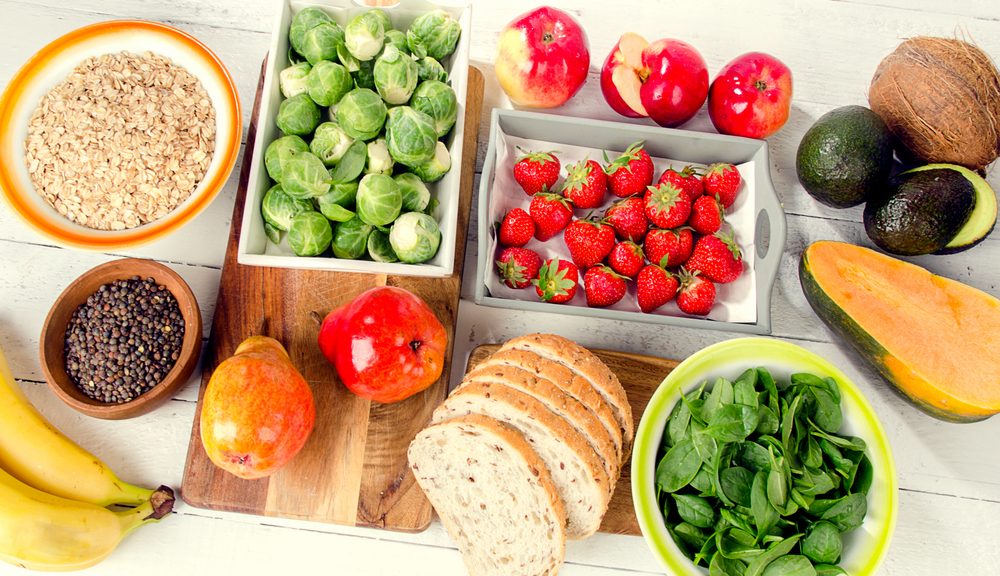Vitamin D is the nation’s number one vitamin supplement

Vitamin D, also known as the sunshine vitamin, remains the nation’s favourite single food supplement, overtaking vitamin C for the first time according to recent research from market research company Mintel[i].
About 33% of supplement buyers opt for vitamin D followed by vitamin C (27%). Multivitamins, however, are still the most popular choice overall chosen by 56% of buyers. The advice regarding vitamin D from Public Health England remains the same – during the winter months (October to March) we should all take a supplement.
The reason? Vitamin D is synthesised in our skin when exposed to the sun’s UVB rays, but from October to March the sun is too low in the sky for us to catch its rays so we should consider a supplement. Egg yolks, oily fish – think herring, mackerel, salmon and sardines – meat, liver and kidney are other sources of vitamin D but most of us don’t eat enough of these foods to get sufficient amounts making a daily supplement a good idea.
Eating more fibre lowers risk of many diseases

Fibre is back in the spotlight after a recent systematic review of the evidence.[ii] The review showed that people who ate the most fibre – at least 25-29 grams a day – had a 15-30% lower risk of heart disease, stroke, type-2 diabetes and bowel cancer. They were also less likely to die early from any cause compared with those eating a lower fibre diet.
A higher fibre intake was also linked with lower bodyweight, lower cholesterol and a lower risk of breast cancer.[iii] The message is clear: it’s time to put more fibre-rich foods such as wholegrain cereals, vegetables, pulses, fruit, nuts and seeds on the menu.
Support National Heart Month by ‘Dechox-ing’

February is National Heart Month and the British Heart Foundation (BHF) is challenging the nation to give up chocolate (dechox) and raise money for life saving research into heart and circulatory disease, which causes more than a quarter (26 per cent) of all deaths in the UK. Whether on a mission to show your charitable side, on a health kick, or a self-confessed chocoholic looking to test your willpower, you’ll be helping to improve your own heart health and fund research to save lives.
To find out more visit their website
‘Find your balance’ with the new guide to portion management

When it comes to portion sizes there are a lot of variations out there, which can be confusing, but now the British Nutrition Foundation has launched a practical guide ‘Find Your Balance’ which should make things clearer. It aims to help us understand which foods to eat, how often and in what quantities, in order to maintain a healthy weight and have a balanced diet.
The guide uses simple hand and spoon measurements to help us estimate appropriate portions when cooking and serving food. It is designed to complement the Government’s Eatwell Guide which provides guidance on the proportions of the main food groups that make up a healthy diet.
[i] www.mintel.com.
[ii] Reynolds, A, Mann J, Cummings J et al. Carbohydrate quality and human health: a series of
systematic reviews and meta-analyses. The Lancet. 2019. Jan 10. Accessed online `January 15th 2019 http://www.thelancet-press.com/embargo/carbohydratequality.pdf























Add comment